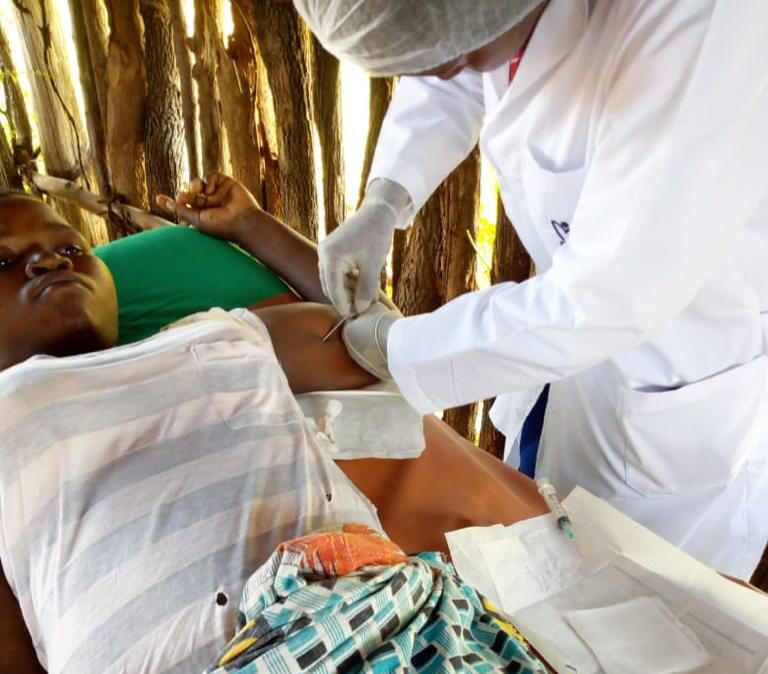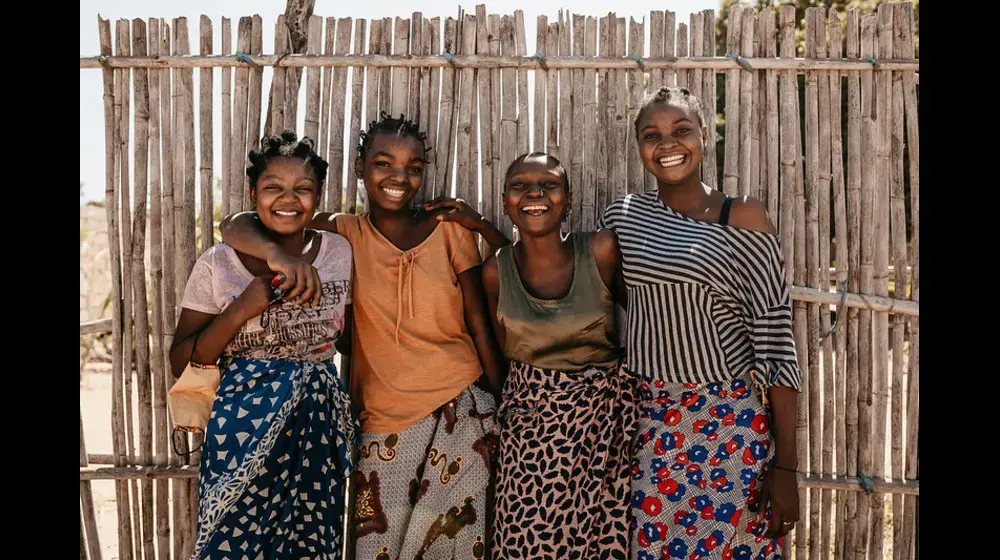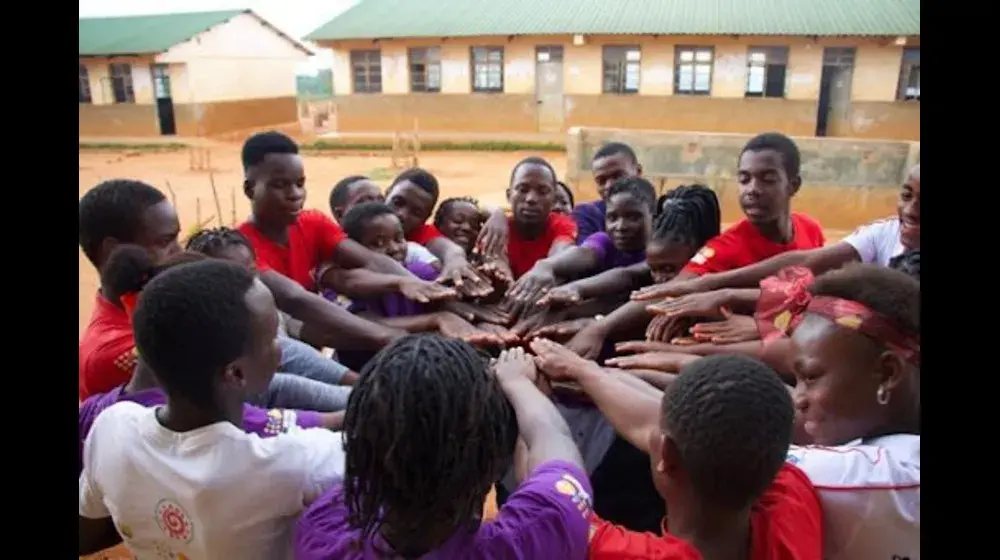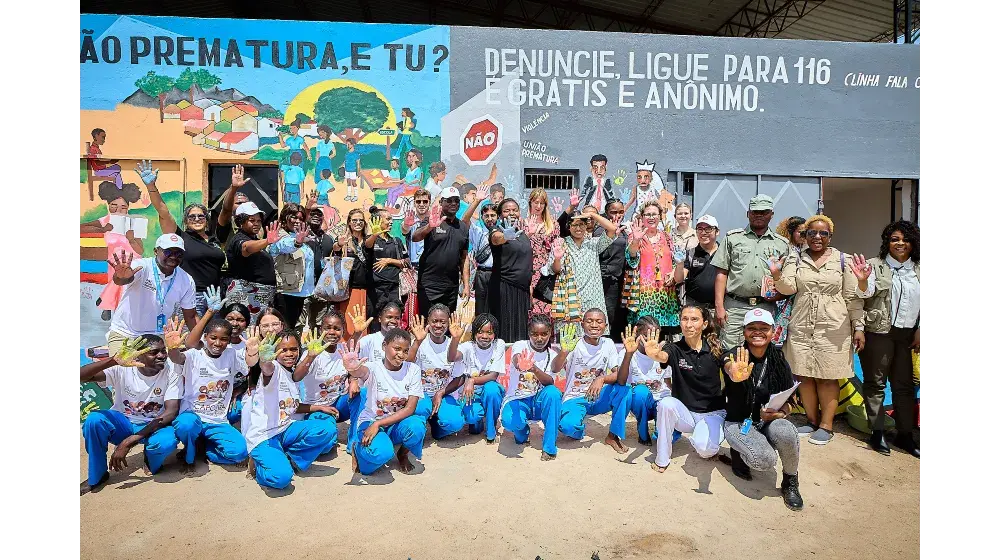“In a country like Mozambique, where transportation and logistics of contraceptives are limited by long distances, poor infrastructure, and insecurity, the availability of contraceptives at all levels is very important to ensure that people are protected from unwanted pregnancies and related complications,” reinforces Maria Rosa Jacinto, the deputy head of the provincial department of maternal and child health in Zambézia province.
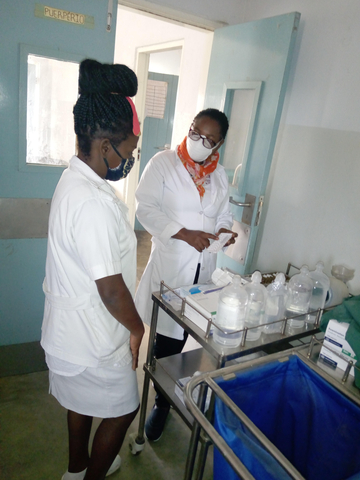
How we invest in women and girls today will shape what our world looks like in 2030 and beyond. As the only United Nations program dedicated to family planning, the UNFPA Supplies Partnership equips countries with a choice of modern contraceptives and life-saving maternal health medicines, so they can be used and accessed by girls and women if and when they choose.
Delivering family planning supplies to the last mile
In Mozambique, UNFPA Supplies works to procure needed reproductive health supplies, track contraceptive availability, train health providers, and ensure access to contraceptives. In 2020, UNFPA Supplies contributed more than $3 million USD for reproductive health commodities in Mozambique (contributing to 45-50% of the contraceptive needs in the country), as well as reach and support 203,000 additional new users of modern contraception.
“The goal of women’s empowerment under the #SheCanPlan campaign is a key factor in Mozambique; where development goals are directly linked to the empowerment of women through access to family planning and the ability to decide if, when, and with whom they want to have children. Young people have unacceptably high rates of unintended pregnancy (Mozambique has the fourth highest adolescent fertility rate worldwide - DHS, 2015), and UNFPA Supplies is working with the Government of Mozambique to ensure all women and girls can plan their lives and future,” shares Andrea M. Wojnar, UNFPA Mozambique’s Representative.
Through UNFPA Supplies in 2020, the Government in Mozambique is estimated to have averted (FP2020 data):
- 73,000 unintended pregnancies
- 16,000 unsafe abortions
- 200 maternal deaths
COVID-19 impact on family planning
The COVID-19 pandemic has had direct and indirect impacts on UNFPA Supplies’ work in providing access to family planning and modern contraceptives. In response to COVID-19, and to ensure consistent availability of contraceptives for girls and women, UNFPA Mozambique supported the pre-positioning of reproductive health commodities at the provincial level.
The agency also supported the procurement of 17,000 surgical face masks as personal protective equipment so that health workers remained safe and protected while responding to the pandemic.
“UNFPA and the Ministry of Health trained us on continuity of maternal and child health services, including family planning, in times of COVID-19. UNFPA also supported recruiting 8 maternal and child health nurses to districts facing the greatest shortage of staff personnel. As part of our response to COVID-19, we’ve embraced the dispensation of contraceptives 3-month periods for girls and women, to prevent them from going to the health facility every month. This helps reduce their exposure to COVID-19,” shares Maria Rosa Jacinto.
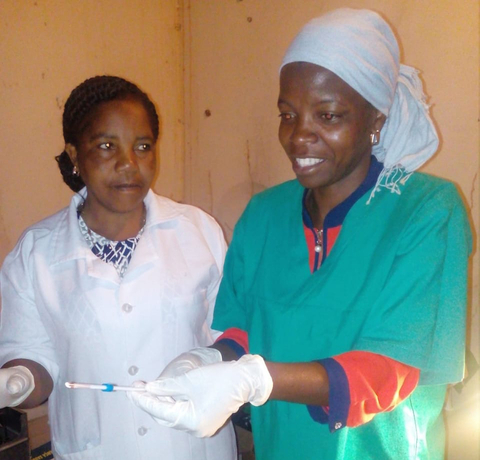
Adapting to COVID-19 restrictions and overcoming barriers to access, Maria Rosa speaks to their community-based interventions: “Traveling long distances to health communities becomes a barrier to accessing family planning services, as is the perception by some that sexual and reproductive health is not a life-threatening issue. As health professionals, we know the importance of family planning to reduce maternal and neonatal deaths. We thus rely on mobile teams and community activists to deliver family planning services and information directly to the community,” Maria Rosa explains.
Building on the momentum of the Nairobi Summit on ICPD25, this third phase – running from 2021 to 2030 – of the UNFPA Supplies Partnership will continue to drive progress towards the SDGs by 2030, and UNFPA’s three transformative goals. By 2030, today’s adolescent girls will become young women, and UNFPA Mozambique remains committed to working with the Government and its partners to ensure every girl and woman can reach their full potential.

